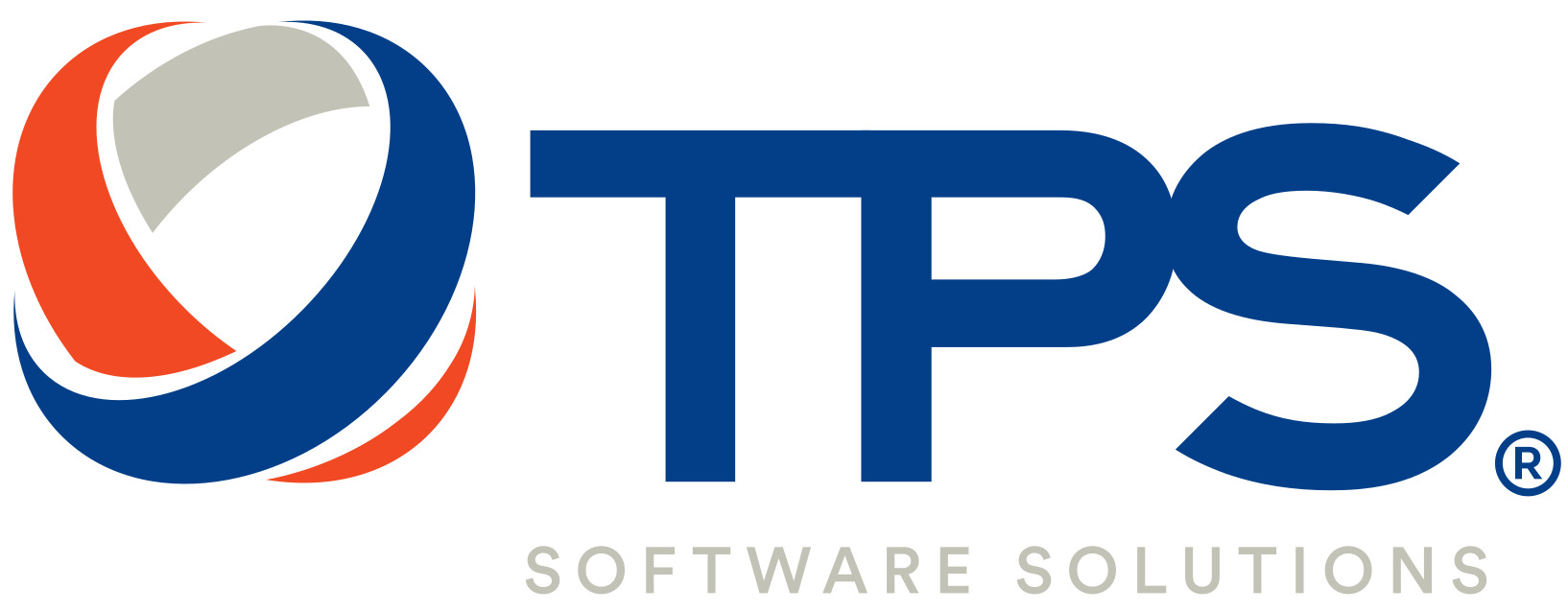Introduction
Fintech, the convergence of finance and technology, has revolutionized the financial industry by offering innovative solutions, improved efficiency, and enhanced customer experiences. In the rapidly evolving world of fintech software development, adhering to best practices is essential to ensure security, scalability, and overall success. This article outlines some of the crucial best practices developers should follow when creating fintech applications.

5 Best Practices in Fintech Software Development
Security is Paramount
Protecting sensitive financial data and ensuring secure transactions are at the core of fintech software development. Implementing robust security measures is crucial to prevent data breaches and unauthorized access. Some essential security practices include:
- Encryption: Encrypt sensitive data at rest and in transit to safeguard it from unauthorized access.
- Two-Factor Authentication (2FA): Require users to use 2FA for additional security during login and transactions.
- Regular Security Audits: Conduct frequent security audits and penetration testing to identify and fix vulnerabilities proactively.
- Compliance with Regulations: Adhere to relevant data protection and financial regulations, such as GDPR, PCI-DSS, and KYC/AML.
Scalability and Performance
Fintech applications can experience rapid growth, and handling many users and transactions is critical. To ensure scalability and optimal performance:
- Cloud Infrastructure: Utilize cloud-based services to scale resources dynamically based on demand.
- Caching: Implement caching mechanisms to reduce the load on databases and enhance response times.
- Load Testing: Conduct rigorous load testing to identify bottlenecks and optimize the system’s performance.
- Efficient Database Design: Optimize database schema and query performance to handle increasing data volumes efficiently.
User-Centric Design
User experience is a critical factor in fintech software adoption. A well-designed, intuitive interface fosters user engagement and retention. Consider the following:
- Simplicity: Keep the application interface simple and user-friendly, avoiding clutter and unnecessary complexity.
- Mobile Responsiveness: Ensure the application is responsive and performs well on various devices, including smartphones and tablets.
- Clear Navigation: Provide straightforward navigation to enable users to find essential features easily.
- Accessibility: Design the application with accessibility in mind, accommodating users with different abilities.
Continuous Testing and Quality Assurance
Maintaining high-quality software is imperative in the fintech domain. Regular testing and quality assurance are essential to identify and fix issues before they impact users. Key practices include:
- Automated Testing: Implement automated suites to streamline testing processes and ensure consistent quality.
- Regression Testing: Perform regression testing with every update to ensure new features don’t introduce unexpected bugs.
- Real-World Testing: Conduct testing with accurate data and real-world scenarios to simulate actual usage.
Compliance and Legal Considerations
- Fintech applications are subject to strict regulatory requirements. Ensure compliance with relevant laws and regulations:
- Regular Compliance Checks: Stay up-to-date with the latest regulations and adapt the software accordingly.
- Data Privacy: Implement measures to protect user data and ensure it is used appropriately as per regulations.
- Transparent Terms of Service: Communicate the terms of service and privacy policies to users.
Conclusion
In the ever-evolving landscape of fintech software development, adhering to best practices is crucial for success. By prioritizing security, scalability, user experience, and compliance, developers can build robust and reliable fintech applications that meet users’ needs while navigating the complexities of the financial industry. Embracing these best practices will enhance the software’s performance and foster trust and confidence among users, setting the foundation for long-term success in the competitive fintech market.













